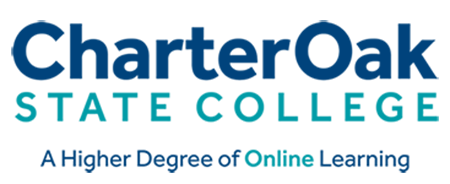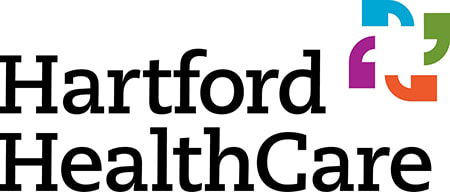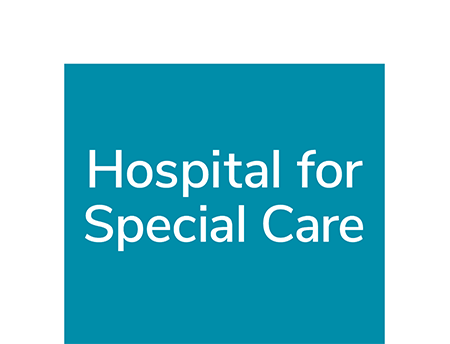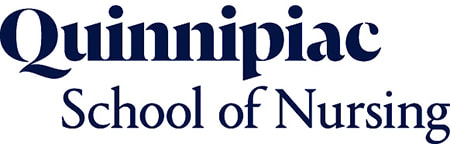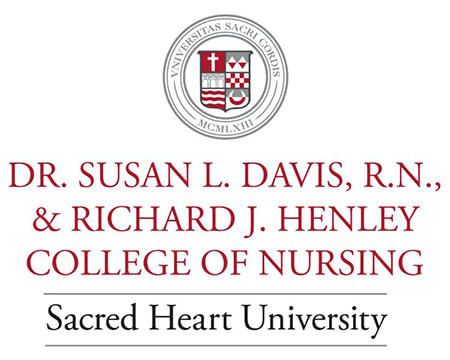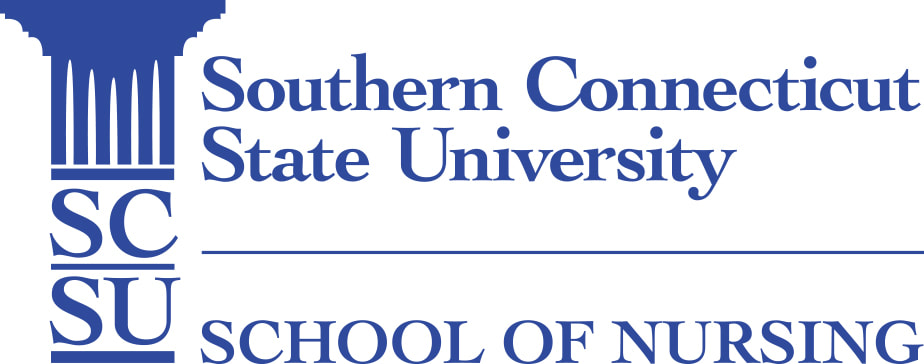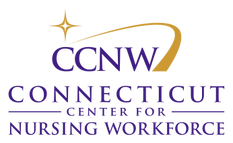|
Last month the National Fund hosted the Frontline Focused: Building a Thriving and Equitable Workplace in-person session to close out CareerSTAT’s recent webinar series focused on recruiting and retaining untapped talent, such as immigrants and refugees, people with conviction records, and other under-serviced populations. This intimate, two-day meeting brought together healthcare employers and workforce practitioners to explore ways to create change in their organizations.
Attendees were enthusiastic to get to work and were eager to learn, share, and connect with their peers. The energy in the room was that of hope, respect, and a commitment to develop a truly thriving workforce for healthcare workers.
0 Comments
Integrating Population Health Competencies into Practice, Academia, and the Nursing Workforce Webinar on October 26, 2023, 2:00-3:00 pm (ET), will feature guest speakers: Marcia B. Proto, MEd, CAS, Executive Director, Connecticut Center for Nursing Workforce, Inc. and Catherine E. Johnson, PhD, RN, CNE, APHN-BC, RA, CPH, Assistant Professor in Nursing, Pacific College of Health and Sciences. Don't miss this opportunity to hear from these two nursing workforce leaders. Webinar Details Learn more about population health initiatives deployed across the state of Connecticut from 2021-2023 in the areas of practice, academia, and the nursing workforce. Discover programs and strategies that can help to accelerate local efforts to meet population health needs. Objectives:
Can't make the webinar? Watch the recording of the webinar, available soon after the webinar airs. Visit AACN's On-Demand Webinars to watch.
The webinar with Drs. Marilyn H. Oermann and Jennie De Gagne, A Few Best Practices for Teaching in Nursing, is now available for you to watch! CCNW support the CT Nurses’ Association 2023 Legislative Agenda. Kim Sandor and her team have done a great job to identify the key issues to promote during this year’s legislative session! It is amazing that all of the CCNW initiatives fall into the “priority” list for the state! To view the more information, please follow this link:
https://ctnurses.org/page-18287 Although CCNW received notification in May 2023 that our proposal was NOT funded…. for the first time… CCNW submitted a proposal as the sole lead applicant!!! This was a Federal DOL Grant to Support Nurse Expansion by Preparing Nurses to become Instructors and Educators through providing free tuition for our online faculty-led courses and funding for academic-practice Joint Appointments. During the 60-month grant period, CCNW requested $2.8 million for:
Addressed the Aging of CT’s Nursing Workforce through Data Gathering and Analysis- Gained insights into understanding the CT Nursing Workforce by utilizing the national Minimum Data Sets for EDUCATION and SUPPLY. The Minimum Data Sets (MDSs) are created by the National FORUM of State Nursing Workforce Centers.
Once again, CCNW was a lead sponsor of the National FORUM of State Nursing Workforce Center’s Annual Conference that took place in Washington, DC on June 12-14, 2023. For the third year, Marcia Proto was an integral member of the Conference Planning Committee securing sponsors for the national event, as well as confirming Rebecca Love to be the keynote speaker of the Conference. In addition, CCNW continued its five-year tradition of being podium presenters.
On April 5, 2023 CCNW hosted our Statewide Nursing & Healthcare Workforce Summit on ground at the Aqua Turf Club, Plantsville, CT!
Marcia Proto, Executive Director of the CCNW, attended a 2-day Retreat for Executive Directors of Nursing Workforce Centers across the country hosted by the National FORUM of State Nursing Workforce Centers on January 9-11, 2023.
CCNW received $300,000 in funding from the Eva Sterns Faulkner Foundation to create an online faculty led Full-Time Nurse Faculty Preparation Course to support the development of well-prepared nursing faculty. The Course offers 6 weeks of faculty-led coursework and (6) hours of Coaching support during the semester.
The State of Hawaii, through the efforts of the Hawaii Nursing Workforce Center, utilized CCNW’s Part-Time Clinical Nurse Faculty Preparation Course and covered tuition for (39) practicing nurses to participate in our online faculty-led course. The nurses began the course on January 9, 2023.
CCNW is committed to providing “value added” education opportunities to Connecticut nurses and held (4) successful Professional Development “Lunch & Learn Webinar Series” in 2023.
CCNW’s Statewide Nursing Student Clinical Placement System gets a HUGE boost as Hartford Healthcare Corporation (HHC) standardizes the Clinical Placement Process at (10) of its healthcare facilities for the Spring 2023 Semester!
In 2023, CCNW received news from the State of Connecticut and the Regional Workforce Development Boards! The Connecticut Attorney General signed off on (2) statewide Contracts in which CCNW will use its expertise to support statewide nursing workforce pipeline development efforts:
There is a Connecticut state-wide program that needs nurses to work in (per diem/on-call). The Gail Burns-Smith Sexual Assault Forensic Examiners (SAFE) Program is both a response program and a training program. As a response program, it provides specially trained sexual assault forensic examiners to participating hospitals for the purpose of providing care and the collection of evidence for patients, ages 13 and older, who report sexual assault.
Trainings scheduled for Fall 2023. For more information, please go to: https://www.jud.ct.gov/crimevictim/safeprogram.htm For information on how to apply, please contact: Denise S. Covington, MBA, MSN, RN, SANE-A Program Manager Gail Burns-Smith Sexual Assault Forensic Examiners Program [email protected] What is a Sexual Assault Forensic Examiner? A Sexual Assault Forensic Examiner (SAFE) is a health care provider who has completed specialized education and clinical preparation enabling them to conduct knowledgeable and skilled medical-forensic exams, ensure the integrity, preservation, and documentation of forensic evidence, and testify knowledgeably in court. What are the qualifications to become a SAFE?
What is the scope of practice for a SAFE?
What is the training to become a SAFE?
Is the SAFE Training Program accredited?
What is the time commitment to take the SAFE Training Program? The didactic portion of the course is 6 days in length. Classes are held two days per week for three consecutive weeks. Content experts teach on the various required curriculum topics.
The Fall 2023 Training will be announced in early Spring. Please check this webpage later for updates. What is a medical-forensic exam? A medical-forensic exam is a comprehensive exam with several components:
Will I be paid for my services as a SAFE? For state fiscal year 2022-2023, the following reimbursement rates have been established for new Program SAFEs: · On-Call
For more information, visit https://endsexualviolencect.org/safe-program/ April 10, 2023 | Stephanie Reitz - UConn Communications
Victoria Vaughan Dickson, PhD, RN, FAHA, FHFSA, FAAN, a highly respected nursing educator, researcher, and clinician, has been selected as the 11th dean of the UConn School of Nursing. Dickson currently is the John W. Rowe Professor in Successful Aging at New York University’s Rory Meyers College of Nursing, where she is also the Assistant Dean for Research Innovation and Director of the Pless Center for Nursing Research. She starts her new role as UConn’s School of Nursing dean on Aug. 1. Anne D’Alleva, UConn’s provost and executive vice president for academic affairs, announced Dickson’s appointment in a letter Friday to the school’s faculty, staff, and students, noting she was the top choice from an “exceptionally talented pool of applicants.” “Dr. Dickson has demonstrated a deep understanding of our School of Nursing’s needs and will bring the necessary leadership and vision to continue the school’s extraordinary achievements across teaching, research, and engagement,” D’Alleva says. Continue Reading 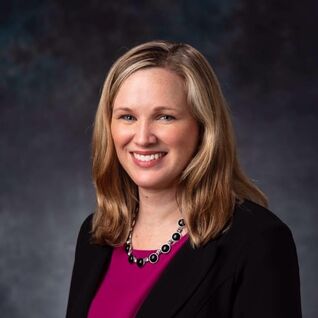 April 3, 2023 / 2023 TOP 25 WOMEN IN BUSINESS Hartford Business Journal In 2021, Kelly Smith Papa was named president and CEO of Duncaster, Connecticut’s first LifePlan community, established in 1984 in Bloomfield. President & CEO She brings to this position more than 25 years of nationally recognized clinical and executive leadership in senior living. Her extensive resume includes positions as a director of nursing, a clinical educator and a national consultant in building dementia care programs. She facilitates the Leadership Academy of LeadingAge Connecticut, a year-long development program for leaders in aging services and is the author of eight books on senior living and long-term nursing care. Papa’s leadership combines the compassion of her clinical nursing background with a collaborative and respectful engagement with staff and residents. What have been your biggest professional accomplishments so far? Professionally, the accomplishment I am most proud of was being appointed president and CEO of Duncaster. Duncaster’s culture is one of trust, respect, fulfillment and relationships. I find myself drawing from my life experiences, values and education as I lead with collaboration and transparency. What’s the next big goal you want to accomplish professionally? My priority is to continuously foster our culture where residents and employees are encouraged to bring their authentic self, knowledge, curiosity, ideas and talents every day. It is my goal to continue to bring out the best in each person as we reposition, renovate and expand our community. What’s one of the biggest professional challenges you’ve overcome? I am proud that by following my guiding values and immersing myself in places of deep learning, I have developed the confidence to lead with authenticity, enthusiasm and compassion. I never imagined, starting as a young nurse, that someday I would be a CEO. I believe these practices have drawn me into this role. Who has been your most important mentor and why? My family members have been my most impactful mentors, from my parents, who led in their jobs with the qualities I try to emulate, to my husband and my two amazing children, who show me the importance of curiosity and love every day. I deeply respect family and encourage my team to put their families first. Continue Reading In response to the current and on-going nursing faculty shortage, the Hawaiʻi State Center for Nursing (HSCN), with the financial support of the State of Hawaiʻi, provided free, online training to clinical nursing faculty across the state.
The online training course was delivered in January 2023. Funding from the State of Hawaiʻi provided training to 100% of the requests from Hawaiʻi nursing schools. Training current clinical nursing faculty with the knowledge and skills to effectively educate and evaluate current nursing students in the clinical environment strengthens the existing workforce and improves student outcomes and academic success. Clinical nursing faculty are licensed nurses who teach nursing students in a clinical environment. Nursing students learn in two different settings:
The next Hawaiʻi cohort for the clinical faculty training course will be offered in the upcoming fiscal year. Nursing instructors who are interested in participating should contact their employer. About the Hawai‘i State Center for Nursing The Hawai‘i State Center of Nursing (HSCN) was established by the Hawai‘i State Legislature in 2003. HSCN is the champion for nursing excellence and is a trusted collaborative partner dedicated to developing a healthcare workforce committed to the promise of quality care for all the people of Hawai‘i. Through academic and employer partnerships, the HSCN provides accurate nursing workforce data for planning; disseminates nursing knowledge to support excellence in practice and leadership development; promotes a diverse workforce; and advocates for sound health policy to serve the changing healthcare needs of the people of Hawai‘i. Visit us at hawaiicenterfornursing.org. Join SNHU on April 11 and 12 for SNHU's 6th annual Thought Leaders 2023 Conference.
In keeping with our mission of supporting communities through training and education, this year's event in our Thought Leaders series seeks to serve all leaders and frontline workers in the field of healthcare, education, mental health, and public health who seek to improve their community’s health through interprofessional collaboration. Our aim is to offer information and strategies to promote health equity. Conference Objectives:
Day One - April 11, 2023, 1:00 p.m. - 5:00 p.m. ET Keynote Speaker: Dr. Gail Christopher Day Two - April 12, 2023, 1:00 p.m. - 5:00 p.m. ET Keynote Speaker: Dr. Chris Chanyasulkit Earn 3.5 contact hours (ANCC) each day, a total of 7 contact hours for attending both events. The Johnson & Johnson Nurse Innovation Fellowship Program (JJNIF) powered by Penn Nursing and the Wharton School is a ground-breaking, one-year, team-based nursing fellowship for Chief Nursing Officers (CNO), nurse executives, and senior nurse leaders.
The goal of the fellowship is to advance healthcare by powering up nurse-led innovation and leadership within health systems. Program Overview The JJNIF is designed for innovative nurse executives who have a passion for finding solutions that provide better care for patients and support a workplace environment where nurses can thrive. This fellowship is unique in that two nurse leaders – one Chief Nursing Officer or nurse executive and one other senior nurse leader from the same health system organization – participate and work together to address a real-world challenge they are facing in their health system. The program will immerse fellows in the innovation process by focusing on human-centered design and design thinking methodologies and will teach fellows how to apply them to their challenge areas. The innovation curriculum provided by Penn Nursing will be paired with business acumen and leadership skills development through Wharton Executive Education. How is the Fellowship structured? The one-year program (June 2023-May 2024) is a combination of in-person and virtual sessions, and teams are expected to attend all sessions. The program begins with a virtual half-day kick-off meeting in early June 2023, followed by an in-person 5-day Summer Innovation Institute at the University of Pennsylvania in Philadelphia, PA, from June 26-30, 2023. Following the Summer Innovation Institute, there are three 2-day virtual synchronous sessions (one each quarter) throughout the year and a 2-day in-person closing event at Johnson & Johnson in New Brunswick, NJ, on May 22-23, 2024. Click here for a list of the Key Fellowship Dates. Application Information Ten two-person teams from different health systems across the United States will be selected as fellows through a competitive process using an online application. Each team will be composed of a CNO or nurse executive and a senior nurse leader. The application will be submitted by the CNO/nurse executive from a hospital or health system who will serve as the primary applicant. The CNO/nurse executive will choose another senior nurse leader from their hospital or health system to complete the team. A Letter of Support from your health system stating buy-in and support from the Chief Executive Officer is required. Program Timeline Applications will be accepted until March 31, 2023. Participants will be selected and notified in May of 2023. The program will begin in June 2023 and conclude in May 2024. JJNIF Information Sessions will take place virtually on: March 13th 1-2p ET - March 16th 5-6p ET - March 21st 5-6p ET March 23rd 12-1p ET - March 29th 12-1p ET - March 30th 2-3p ET Three new professional development lunch and learn opportunities starting in February.
Learn more and Register today! “Imagining, Innovating and Transforming the National Nursing Workforce”.
The conference will be held on June 12-14, 2023 at the Ritz-Carlton Pentagon City, Arlington VA and will bring together nursing, workforce, and leaders from across the country to learn, share and network. Become a Sponsor or Exhibitor Today! Click for More information Submit your Abstract Click for Call for Abstracts Learn more at our Conference Website: https://nursingworkforcecenters.org/annual-conference/ Message from Lynda Benton, Senior Director, Corporate Equity, Johnson & Johnson
Nurses are innovators, lifesavers and fierce patient advocates. Where would the world be without them? It’s a simple yet powerful question, and one that aligns to why Johnson & Johnson has proudly championed and supported the nursing profession for 125 years. The work of nurses is critical in the nation’s ability to provide safe, quality, and equitable patient outcomes, and without enough nurses, the foundation of our health system is at risk. Today, the nursing profession is in crisis with accelerated, alarming levels of burnout, turnover, and vacancy rates. A healthcare system without enough nurses is a healthcare crisis for us all. Our commitment is to recognize, celebrate, support, and acknowledge the irreplaceable value and impact that nurses bring to healthcare, every day. And through advocacy, scholarships, clinical and leadership education, mental health resources, and more, Johnson & Johnson has proudly supported the nursing profession for more than a century and continues to do so today. We’re excited to share with you a new media campaign launching this December in celebration of the nursing profession and their impact on healthcare. We invite you to join us and help share these assets! Starting December 1, view and share these new :30 and :15 nursing videos and GIF on your social channels, and watch the Heroes Among Us segments on the TODAY show, sponsored by Johnson & Johnson, featuring inspiring nurse innovators helping to improve patient care. A new segment is coming soon. As this year ends, I also invite you to check out these programs in support of nurses:
Click on image to listen - for Marcia's segment, start at the 38 minute mark. About Connoisseur Media - For the PeopleFor the People broadcasts live on Connecticut's Connoisseur Media stations - just click on the 'Stations' tab and then 'Connecticut': https://connoisseurmedia.com/stations/
For the People's live air time is every Sunday at:
|
Categories
All
Archives
June 2024
|
OUR MISSIONTo foster collaborations to ensure a highly educated, diverse, and sustainable nursing workforce to support the healthcare needs of Connecticut residents.
Terms of use Policy | Privacy Policy
Event Policy: No refunds will be given two (2) weeks prior to any event |
LoginContact UsFor more information or questions, please complete the online form to contact Marcia B Proto, M.Ed, CAS via email.
|
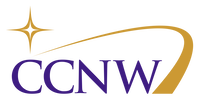
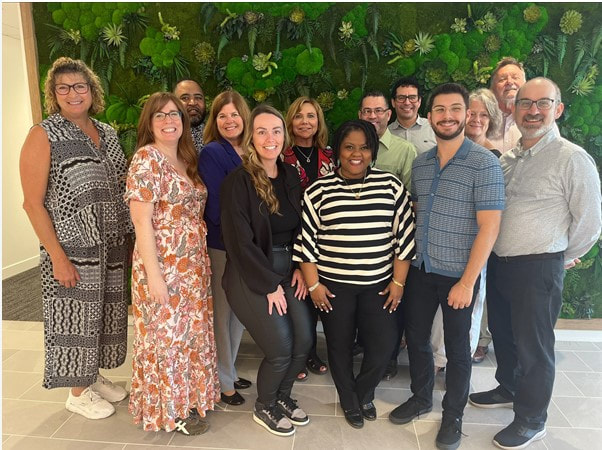
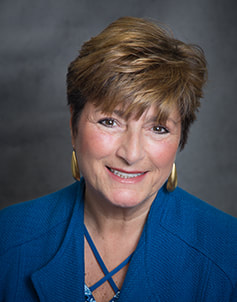
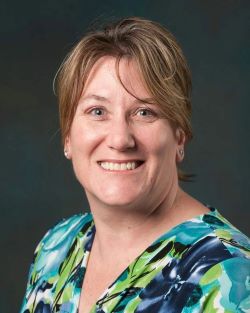

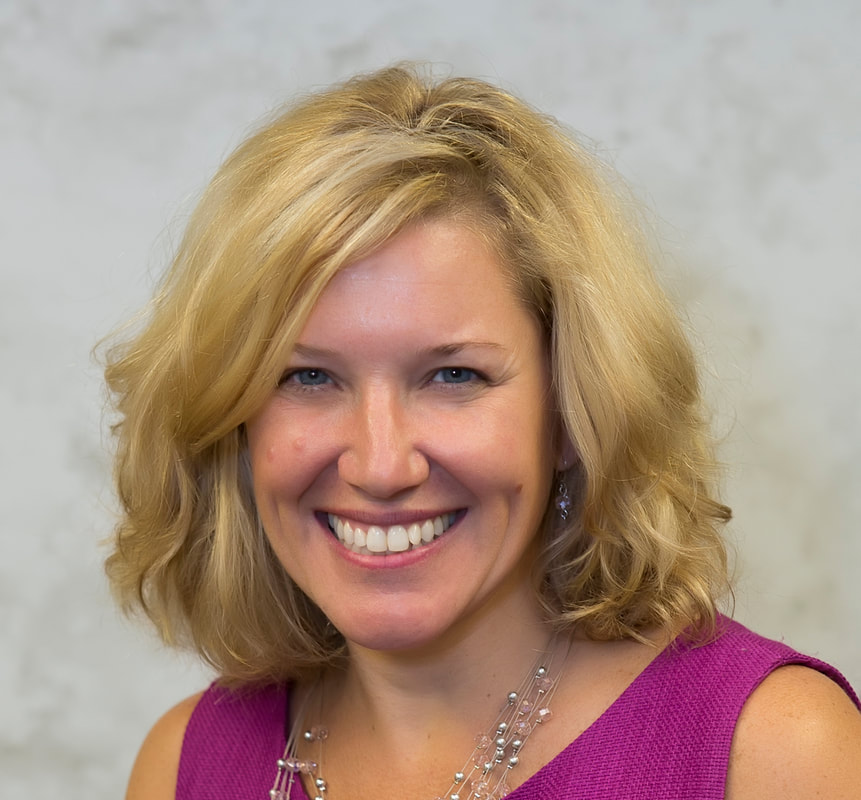
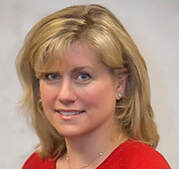

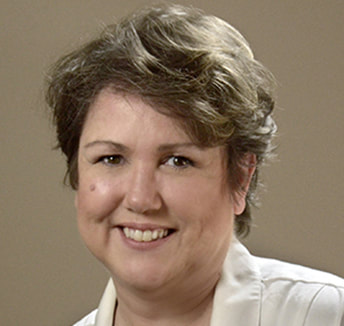

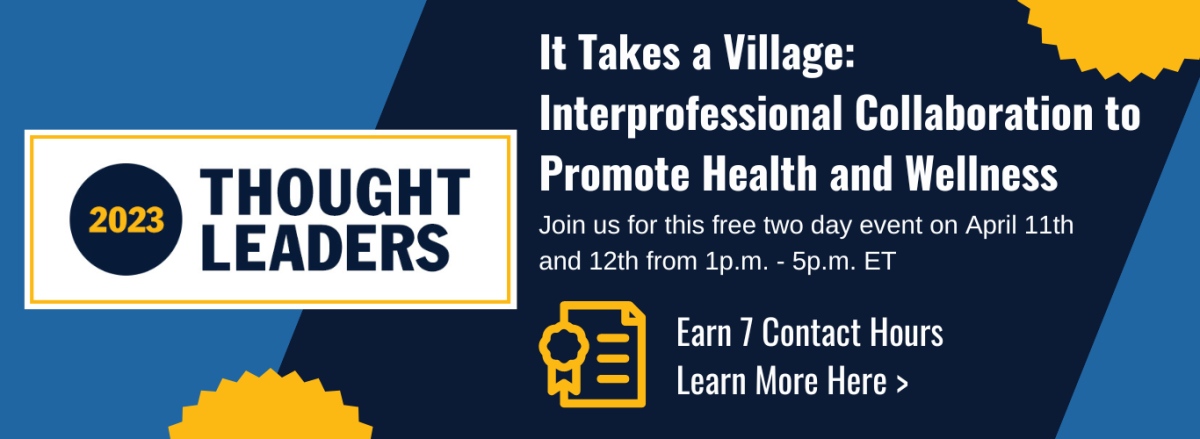
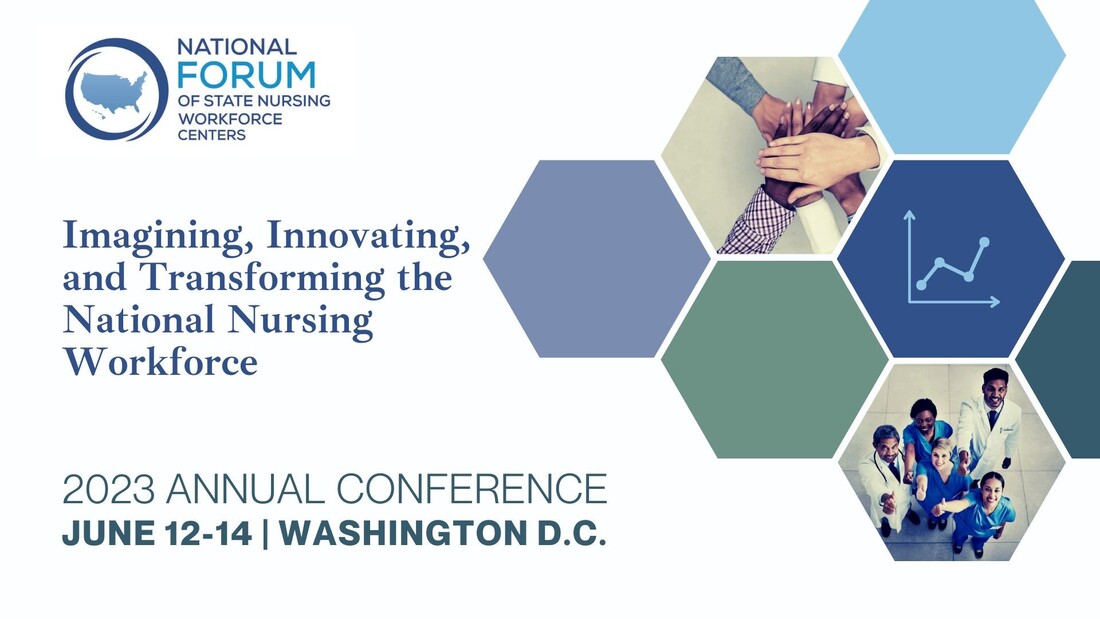
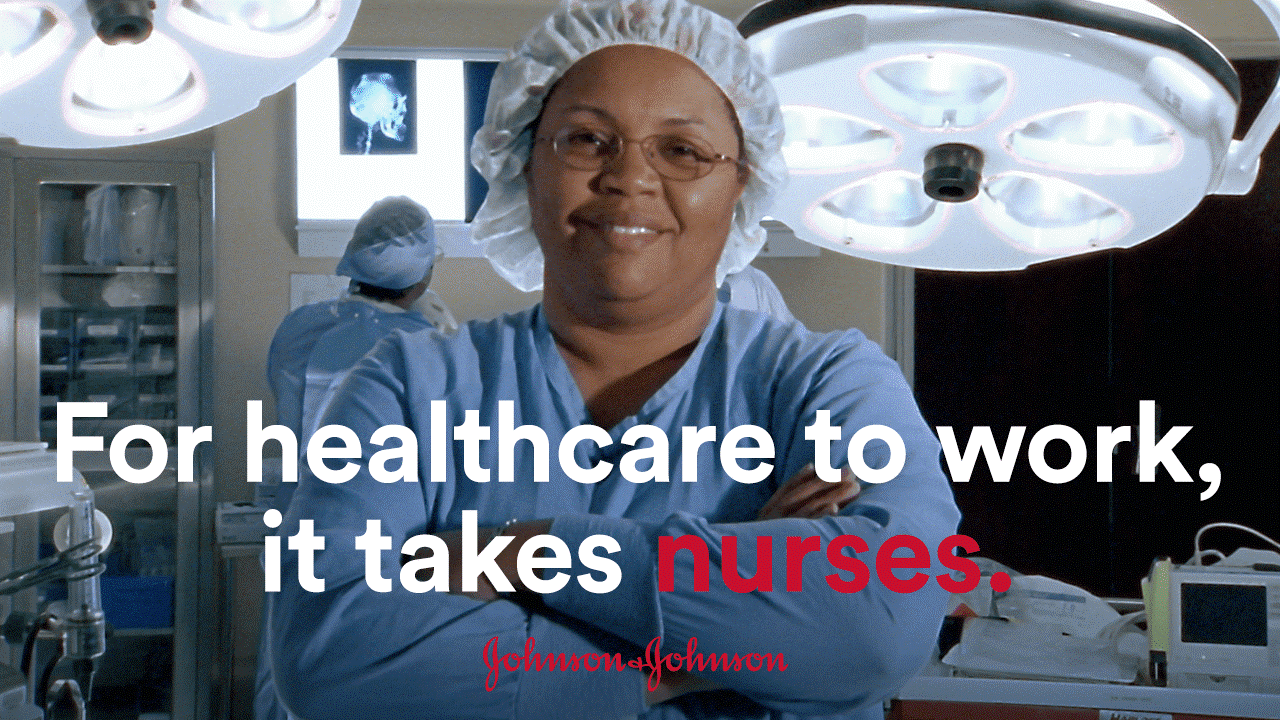


 RSS Feed
RSS Feed







